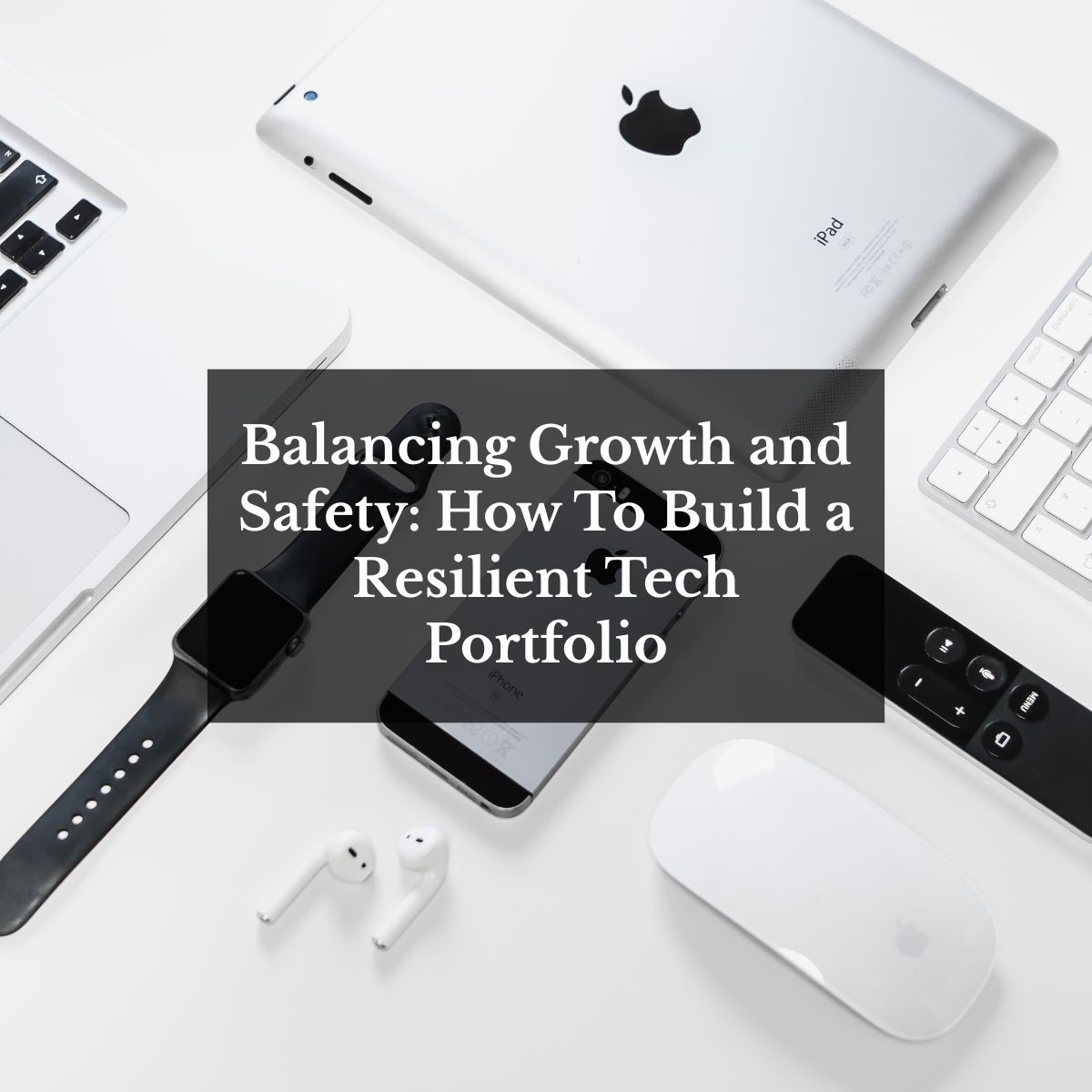
By Kelley Muhsemann
Marketing Manager
The third article in our financial literacy series focuses on Generation Y – more commonly known as “Millennials.” Born between 1981 and 1996, Millennials came of age during the Great Recession, and face a unique set of financial challenges compared to previous generations. In fact, according to Investopedia, Millennials “have entered a fundamentally different workforce, housing market, and financial ecosystem than any generation before them.”
The most significant hurdles for Millennials include the burden of student loan debt, the lack of an investment or retirement plan, and stagnant wages coupled with an increasingly high cost of living. Let’s delve into these unique challenges and highlight some areas of opportunity that Generation Y can utilize in their quest for financial freedom.
Understanding the Challenges
Many Millennials pursued higher education to improve their job prospects but found themselves saddled with substantial debt upon graduation. And, despite being the most educated generation, they struggle with stagnant wages and a high cost of living, particularly in urban areas. Lastly, according to YahooFinance, nearly 70% of Millennials are not investing in the stock market. High-interest debt, wage stagnation, and a deep-rooted fear of investing, makes it difficult for this cohort to save and invest for their future, especially considering the rising costs of necessities like housing, healthcare, and childcare.
Challenge #1: Debt
Millennials face the burden of significant student loan debt, hindering their financial progress and ability to build wealth. This challenge stems from the rising costs of higher education forcing many Millennials to take on student loans to finance their education. The weight of this debt can delay major life milestones such as buying a home, starting a family, or saving for retirement. It’s important to fully understand how much debt you have so you can implement specific strategies to tackle it. This can include creating a detailed budget to prioritize debt repayment, exploring loan forgiveness or repayment assistance programs, or researching refinancing options to lower interest rates.
Challenge #2: Investment and Retirement Planning
Many Millennials fall short when it comes to comprehensive investment or retirement planning, leaving them vulnerable to financial insecurity in the long term. This challenge arises from various factors, including an inherent distrust in traditional financial institutions, competing financial priorities such as paying off debt or covering daily expenses, and a general lack of understanding about how investing works. Providing Millennials with accessible resources and information about different investment options, retirement accounts, and long-term financial planning strategies can help demystify the process and encourage proactive financial decision-making. Moreover, personalized financial planning services can offer tailored advice and support to help Millennials set achievable financial goals and develop a roadmap for building wealth over time.
Challenge #3: Navigating Money Fears
Millennials have been shaped by a series of significant economic events, including the tech bubble, 9/11, the Great Recession, and the COVID-19 pandemic. These events have instilled a sense of financial insecurity and fear of uncertainty among many in this generation. As a result, Millennials often struggle with anxiety and apprehension when it comes to making financial decisions, leading to hesitation or avoidance of investing, saving, or planning for the future. We acknowledge and understand the underlying causes of Millennials’ money fears, and seek to provide education and resources on financial resilience and coping mechanisms to help navigate economic uncertainties with more clarity. Creating a budget, building up an emergency fund, and writing down your goals can be excellent starting points. We also encourage an open dialogue about money and mental health to help reduce stigma and foster a supportive community where Millennials feel comfortable seeking guidance and support.
The Role of Fee-Only Financial Planning and Fiduciary Responsibility
Personalized financial planning services can play a crucial role in alleviating money fears by offering individualized support and guidance tailored to each person’s unique financial situation and goals. Fee-only financial advisors prioritize their client’s best interests and act as fiduciaries, ensuring transparency in the advisory relationship. By addressing Millennials’ money fears head-on and providing them with the tools and support they need to tackle debt and build an investment and retirement strategy, they can gain the confidence to navigate money-related challenges and achieve long-term financial success.
If you have questions regarding financial literacy, contact our team of CERTIFIED FINANCIAL PLANNERTM (CFP®) professionals at 631.218.0077 or click here to get started.
R.W. Rogé & Company, Inc. is an independent, fee-only financial planning and investment management firm serving clients locally and virtually across the country, with Long Island, New York, Beverly, Massachusetts, and Naples, Florida office locations. R.W. Rogé & Company, Inc. was founded on a “client first” culture and proudly commits to acting in your best interest as a fiduciary. We help clients Plan, Achieve, and Live® the life they want since 1986. To learn more about how we do this, click here.
The Author used elements of OpenAI to aid in creating this article: OpenAI. (2024). ChatGPT (3.5) [Large language model]. https://chat.openai.com



